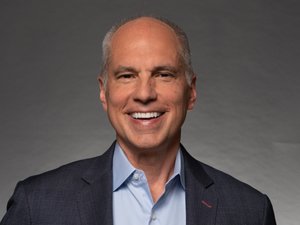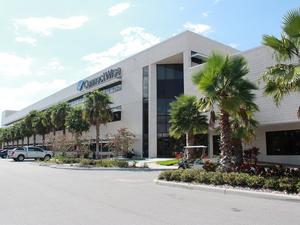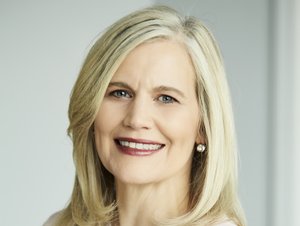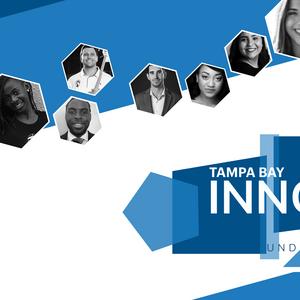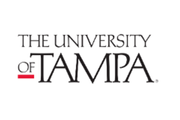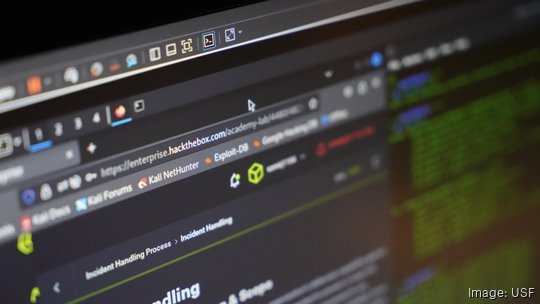
Amid rising global cybersecurity threats, local universities are taking steps to prepare the next generation of cybersecurity professionals and answer a hiring need.
According to researcher and publisher Cybersecurity Ventures, there were 3.5 million cybersecurity job vacancies in 2023, and the gap between demand and supply is expected to continue through at least 2025.
After a $500,000 donation from tech entrepreneur Arnie Bellini this month, Saint Leo University in Pasco County is launching a cybersecurity certification program and additional skills courses.
“The global cost of cybercrime is a staggering $8 trillion,” Bellini said in a statement. “… We chose Saint Leo for this mission to significantly increase the number of cybersecurity professionals, given the university’s strong reputation in cybersecurity training.”
The university’s college of computing, artificial intelligence, robotics and data science, or CARDS, is also partnering with John Strand, owner of Black Hills Information Security in South Dakota, to offer the online, self-paced program.
Derek Mohammad, dean of CARDS, said the new program is another example of how Saint Leo has invested in cybersecurity education since 2006.
“We’ve been looking at how we can create more programs to educate the local workforce in cybersecurity for a while, and we’ve also been recruiting a lot of highly talented faculty into our program to teach these courses,” Mohammad said.
Bellini also donated software to Saint Leo to create a cybersecurity lab for hands-on student learning, according to Mohammad. The lab has simulation software for practicing digital attack prevention and will support both the cybersecurity certification program and the university’s cybersecurity degree programs.
Mohammad said existing programs like the school’s annual capture the flag competition — when local students from area universities are presented with a series of cybersecurity challenges that mimic real-life scenarios — will remain.
“When you hear about the quality of our programs, we set a pretty high bar in terms of the quality of the curriculum, the faculty, the resources that are available and the kind of outreach programs that the university has been doing with the local community in disseminating cybersecurity awareness amongst businesses and local communities,” Mohammad said.
Bridging the Tampa Bay cybersecurity skills gap
In Hillsborough County, the University of South Florida is the largest university to integrate tools like Hack The Box into its cybersecurity curriculum, giving students hands-on experience with real-world threats.
But it wasn’t always that way. Up until 2019, USF did not have a major in cybersecurity.
“The state identified that there was a significant shortage of skilled cybersecurity workforce in the state of Florida,” said Sriram Chellappan, a professor and cybersecurity program coordinator at the school. “The unmet job needs were significant, so the university decided to launch a [bachelor’s] in cybersecurity out of [the school of] engineering.”
Five years later, there are now 900 enrolled students.
But Marbin Pazos-Revilla, an assistant professor in the college of engineering, said in early 2022 that USF still needed to incorporate “real-world practice” into cybersecurity education. Enter Hack The Box, a platform with continuously updated modules that, according to a university release, expose students to a wide range of cyber threats that “sharpen their offensive and defensive security expertise. “
“Once the program showed its success, [the university] decided that they wanted to have a team to compete and be the best in Florida and soon be the best in the nation,” Chellappan said.
Working in collaboration with Pazos-Revilla, Chellappan founded CyberHerd in 2023. It is now comprised of 19 students, including Jacob Hammargren.
“We will see a vulnerability count in the news, and then less than a week later, there’s a [module] about that vulnerability,” Hammargren said. “It’s just such a huge library of knowledge, and it’s modular and dependent on the student. So, from my perspective, it’s like unlimited things to get excited about.”
The team placed second at DEF CON 32, one of the world’s top cybersecurity competitions, and recently competed in a national event in New Orleans. There, they used an advanced airplane simulation to experience and respond to various in-flight cybersecurity threats.
Marvin said the creation of a new college in AI, cybersecurity and computing is another game-changer in preparing students for the openings within the field.
“USF is on a trajectory that sparks success everywhere,” Pazos-Revilla said. “This [move] to prepare students will reflect in the defense of our assets, the country and the freedoms that we all enjoy. It’s important to highlight that, ultimately, what we are training the students for is to defend those values that we have as a country.”

